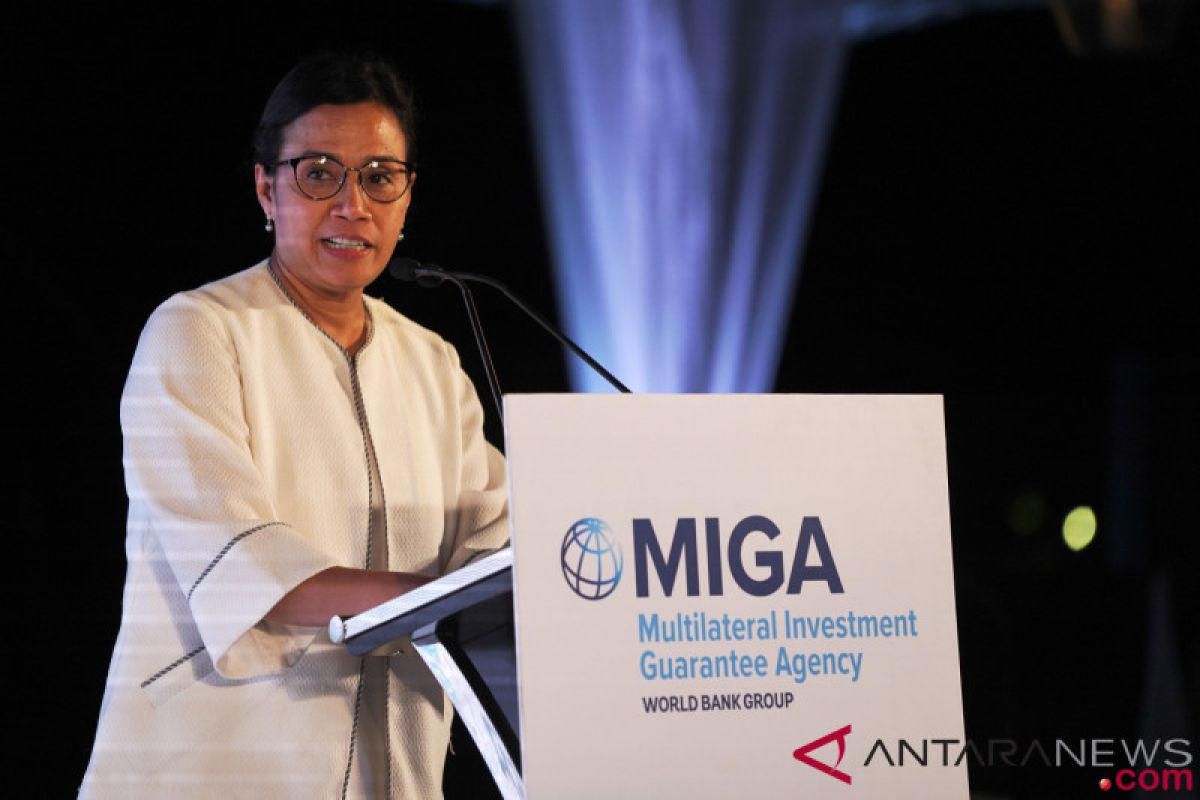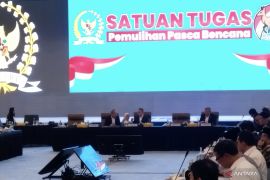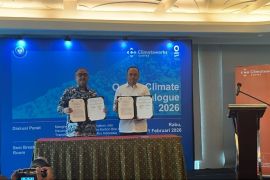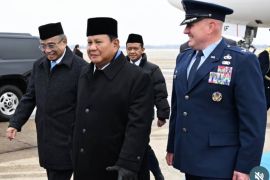"Implementing sharia-based financing in the scheme is an alternative platform that is good on both a local and global scale," Sri Mulyani said in a discussion entitled "Investor Roundtable on Islamic Infrastructure Finance" here on Wednesday.
Sri Mulyani said Indonesia still needed financing from the private sector to meet infrastructure facilities to support national economic growth.
So far, she added, there are limitations in the state budget to build infrastructure, making financing from sharia-based private actors very important.
In the past decade, Islamic finance industries have become one of the economic models that are developing very rapidly in the global financial system.
"By involving Islamic finance in the Government and Business Cooperation scheme, there will be considerable funding opportunities from Muslim investors who have been reluctant to engage in conventional-based financing," she said.
Based on the latest report, global infrastructure development requires around US$3-4 trillion per year until 2030.
However, the amount of funds from the government and multilateral financing institutions only reaches $300 billion per year.
The McKinsey research institute also noted that institutional investors have funds of $120 trillion stored in banks.
Therefore, the private sector has a great opportunity to play an important role in overcoming the funding difference.
Reporting by Satyagraha
Editing by Libertina W Ambari, Suharto
Reporter: Antara
Editor: Suharto
Copyright © ANTARA 2018












